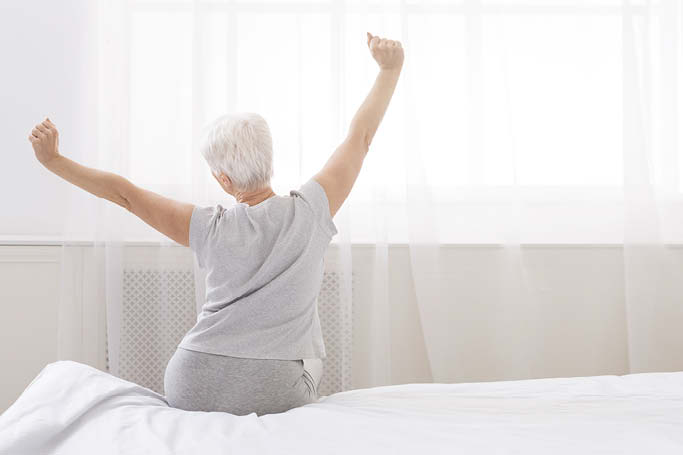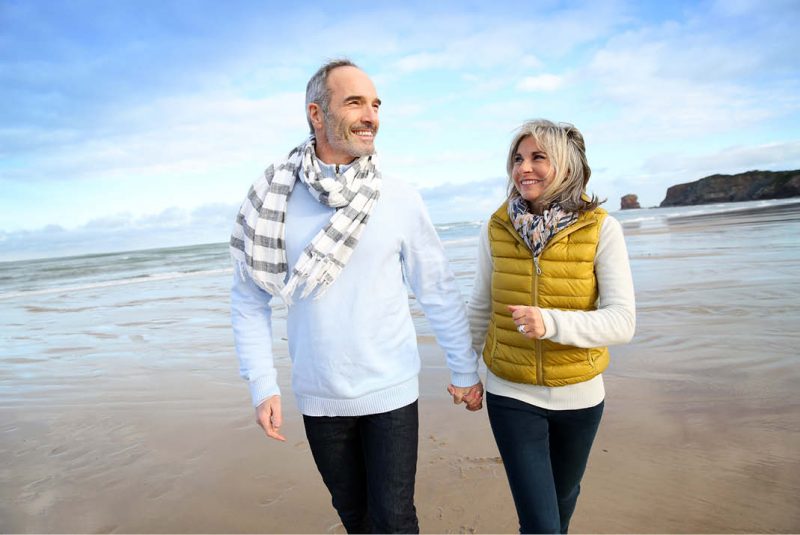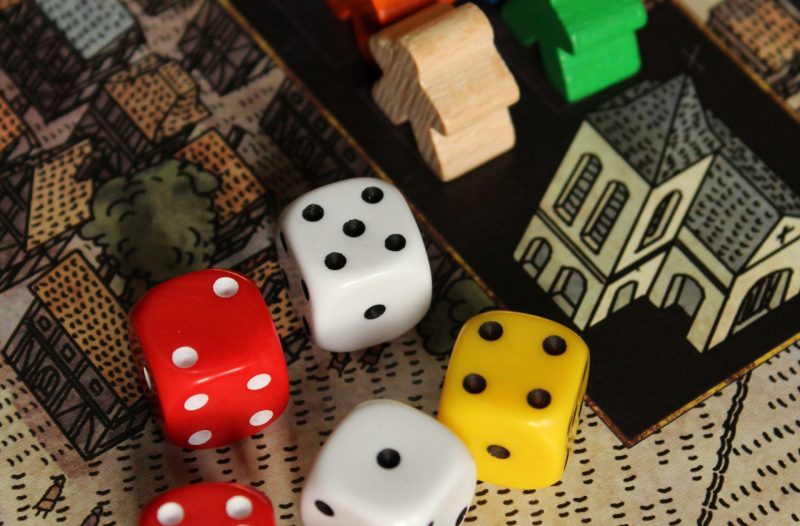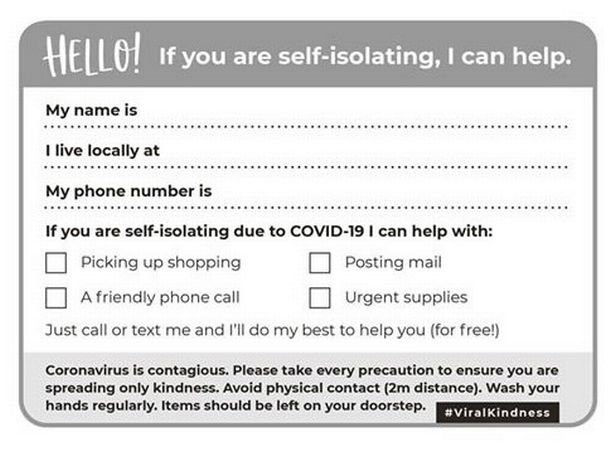by Sarah Halfpenny
These days of COVID-19 isolation are strange times indeed. It’s like we’re starring in our own real-life version of the movie ‘Groundhog Day’. Morning bleeds into night, and one day merges seamlessly into the next. It’s a challenge to remember what day of the week it is – bonus points if you know the actual date!
Most of us are experiencing higher than normal levels of anxiety at the moment, so making time to attend to our physical and mental health is not optional – it’s vital!
Each day you should include activities that release endorphins (exercise), dopamine (achievements), oxytocin (connecting with people) and serotonin (eating the right foods, getting sleep and spending time in the sunshine).
Here are some ways to combat stress:
Keep a routine
Having a daily routine is top of the list of ways to make you feel good, and it also helps keep track of the day. When you get up in the morning, make your bed, have a shower, put on fresh clothes, and brush your hair. You’ll feel accomplished before you’ve even had breakfast!
Dress well
Throwing on the same tired old tracksuit pants day after day will make you feel slothful and bring down your self-esteem. Make it a priority to put on brightly coloured, clean clothes – it can do wonders for your mood. Although the reality is we’re all stuck inside, try dressing as if someone was coming over or you were going out to meet friends.
Eat well

Healthy eating is essential to keep the ill effects of stress at bay. When you do your shopping, make a deliberate decision to leave the unhealthy snack temptations on the supermarket shelves. Instead, choose plenty of fresh fruits and vegetables and find new ways to cook them. Remember to drink lots of water too as dehydration will leave you lethargic.
Get cosy
No matter how big or small it is, your home is currently your haven. Set up a dedicated zone for relaxation that’s just for you – choose the space you feel most comfortable in and make it a welcoming retreat with elements such as essential oils, soft blankets, big pillows, lots of natural light and a window to let in fresh air. If you’ve never tried a weighted blanket before, now could be the perfect time. Weighted blankets have become very popular in the past couple of years – they induce calm and relieve stress through proprioceptive input or ‘deep touch pressure stimulation’, which informs the brain about your position in space, allowing it to relax and unwind.
Get enough sleep

Stick to sensible times when you go to bed at night and wake up in the morning – it’ll make life seem more ‘normal’. Plus, the benefits of getting between 7 and 9 hours’ sleep each night are numerous and include improving your memory, reducing inflammation in the body and repairing damage caused by harmful exposure to stress and ultraviolet rays.
Meditate and be mindful
The Australian not-for-profit organisation Smiling Mind has a dedicated COVID-19 initiative called ‘Thrive Inside’ that helps people foster good mental health habits during isolation. They have a free app and free programs designed to help everyone – from children to adults – with mindfulness and meditation.
There is also a great breathing technique called the 4–7–8 that helps you feel calmer, and amazingly it can have an effect in about one minute! Follow the instructions and inhale for the count of four, hold your breath for the count of seven, and exhale to the count of eight – this sends signals to your brain that you are safe and has immediate physical and emotional benefits.
Exercise

Set aside half an hour every day to move – a walk outside is great and you can go early in the morning or in the evening if you want to avoid other people. Otherwise there are lots of options for exercise online, like doing yoga or dancing. YouTube is a great resource for free classes.
Get a dose of nature
Enjoy a meal or a drink outdoors at least once a day – that might be sitting in the backyard or on a balcony. Get some sun on your skin and take deep breaths of the fresh air.
Watch ASMR videos
This doesn’t work for everyone, but there are many people who enjoy the benefits of ASMR (which stands for Autonomous Sensory Meridian Response). It’s a feeling of well-being, combined with a tingling sensation in the scalp and down the back of the neck, in response to a specific stimulus – usually a sound like whispering or hair brushing.
Recent scientific research has shown that people who respond to ASMR triggers experience reduced heart rates and increased activation of the parts of their brain related to social engagement and bonding. Data from studies also demonstrates temporary improvements in symptoms of depression and chronic pain in those who engage in ASMR, so if you’re keen to see if you’re someone who responds to it, simply jump online as there are literally thousands of videos on YouTube to watch and listen to – one of the most popular is Gentle Whispering ASMR with her ‘Sleep Inducing Haircut’ which has had over 20 million views.
Keep a gratitude journal and stay positive

Focus on the good things that remain – keeping a journal can help you stay optimistic and reduce social comparisons, therefore increasing self-esteem. Find five things a day that are beautiful in the world around you. Write down the names of three people you are grateful for and why. Make an effort to notice the strengths of others, and share good news stories as often as you can.
Set goals
Feel a sense of achievement by completing a task big or small – whatever makes you feel like you have ticked a box and accomplished something – from doing basic household chores, to playing a musical instrument, baking, reading a book or gardening.
Lower your expectations
This ma seem contradictory to the suggestion of setting goals, but it simply means to go easy on yourself if you don’t achieve everything you set out to do. This is an unprecedented time in our lives and we need to accept the situation and our limitations fully, without any feelings of blame or guilt. Now is the perfect time to put self-acceptance into action!
Find the fun

Enjoyment comes in many shapes and forms and is different for everyone. Knitting, dancing, creating art, listening to podcasts, watching movies, doing puzzles or playing board games are just some suggestions – do what makes YOU feel happy!
Set limits
If news about the coronavirus makes you anxious, limit yourself to just 15 minutes of news coverage about it per day, or try to have days when you don’t tune in to it at all, and make sure the sources you are getting your updates from are reputable.
Likewise, if you’re turning to food to cope and snacking on high sugar, high carb or high fat foods more frequently, the key to cutting back is to actually eat more, but set limits as to when that is. Eating until you are full – importantly, at specific times each day – and including a wide variety of ingredients, textures and flavours will help signal to your brain that you’re sated and should curb the snacking.
Help others and stay connected

Feeling needed and useful is an important part of being human, and there are still plenty of ways we can do this. Leave a freshly baked cake or a hand written letter on a friend’s doorstep, or support a local business who is trying to stay afloat, and check in on neighbours – these acts will make you and the people you’re helping feel more connected. Try to carve out 30 minutes a day to phone or video call a loved one.
Seek professional help
If you’re finding it hard to cope – even if you’ve always been fine before – make sure you reach out to your GP or an organisation like Beyond Blue.





